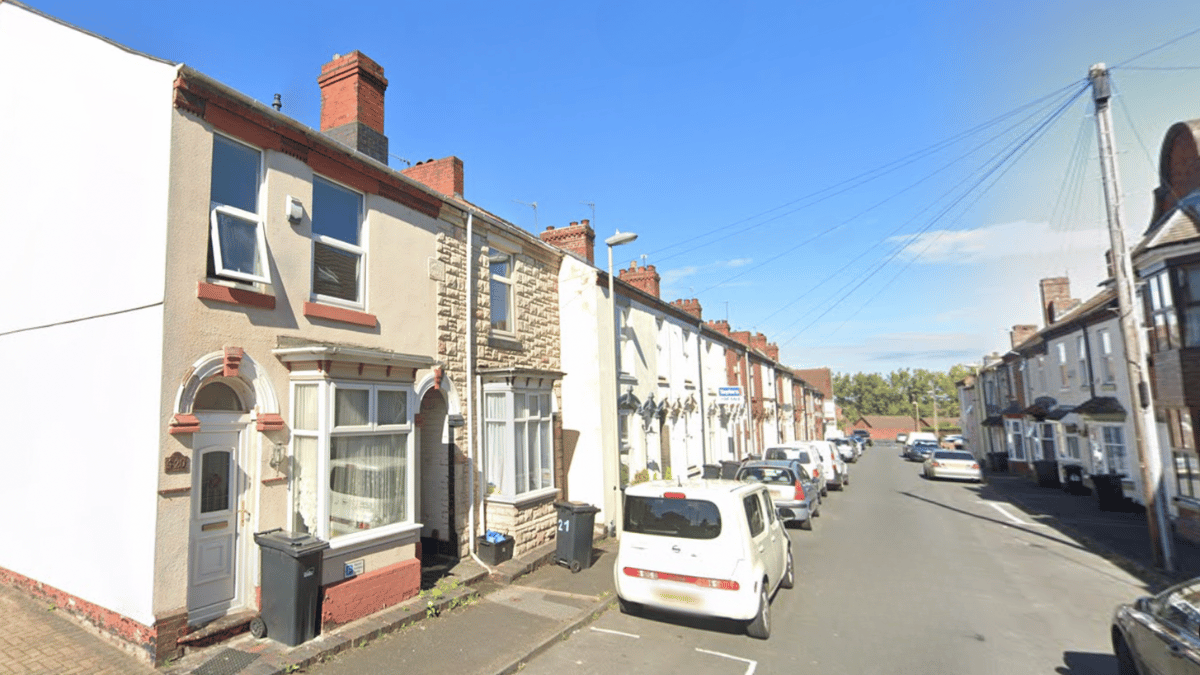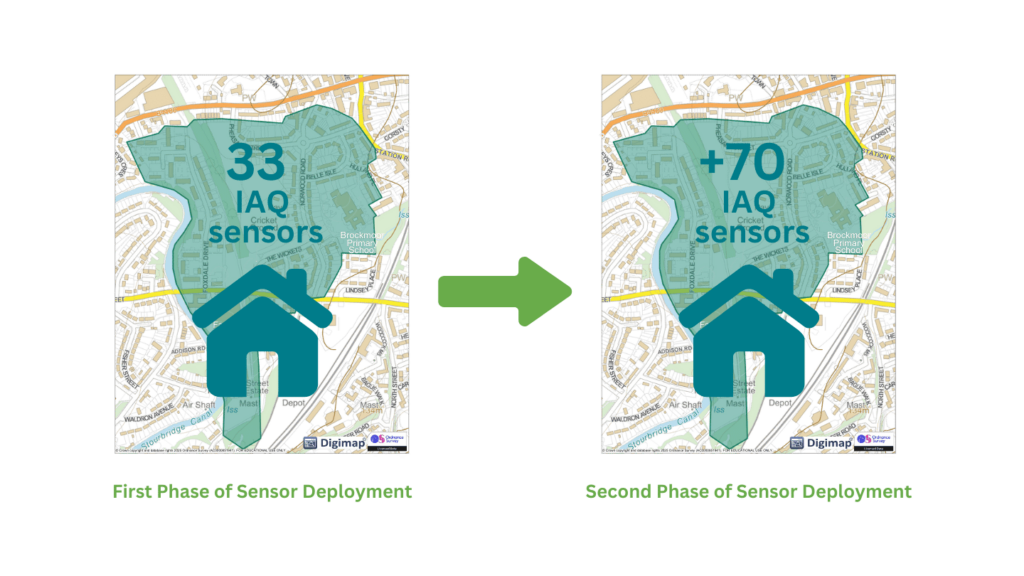
Understanding Indoor Air Quality in Brockmoor Homes
How Your Home Environment Shapes Health and Net Zero Goals
As part of our work to monitor air quality in Brockmoor and support the journey toward a Net Zero future, we are inviting local residents to take part in a research study led by the University of Birmingham.
The study looks at how energy-saving improvements — such as insulation or new heating systems — affect the air we breathe inside our homes. This is important because indoor air quality, temperature, and dampness can all have an impact on our health and well-being.
This is the next phase of the WM-Net Zero Indoor Air Quality (IAQ) study. Our first round of recruitment was completed with the support of our colleagues from Keele University — and we’re beginning our second round.

What’s involved if you take part?
- We’ll place a small, quiet sensor in your home that tracks indoor air pollution, temperature, and moisture levels.
- It runs in the background, connects to your WiFi, and costs less than £5 per year in electricity.
- You’ll also complete a short questionnaire about your home and habits.
- No regular visits will be needed unless we detect the sensors stop working (in those rare cases, we would reach out to you to schedule a visit).
- The sensor will be collected at the end of the study.
- Your data will be anonymised, so it can not be linked to you or your property.
Why take part?
- Learn more about the air quality in your own home.
- Get practical advice on reducing damp and indoor air pollution.
- Receive up to £50 shopping vouchers for every sensor you host.
- Help shape future energy and health policies for your community and beyond.
Your information is kept confidential, and you can leave the study at any time.
Want to get involved or learn more?
Full details are available in the documents below:
WM-Net-Zero-IAQ-Participant-Information-Sheet – explains what the study is and what to expect.
Frequently Asked Questions– clarifies the most common questions about this project.
Consent-Form – lets you confirm your interest if you decide to join.
If you have questions or want to register your interest, contact the WM-Net Zero study team at: wm-netzero@contacts.bham.ac.uk .